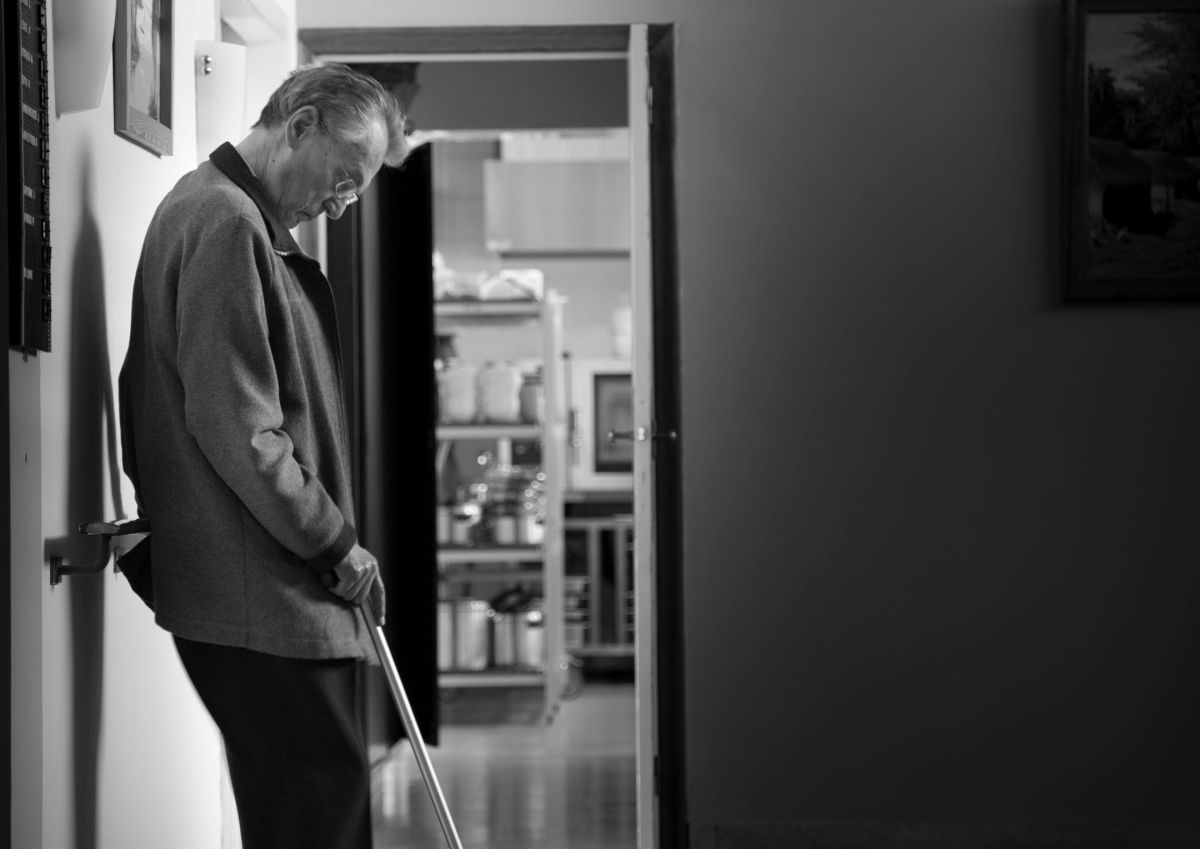Stand Up For The Elderly: Protecting Your Senior Loved Ones From Nursing Homes Bullies

Most of us would like to think that our elderly parents and grandparents are made of sterner stuff and that they’re immune to bullying or intimidation. However, bullying can occur at any age, and it’s important to recognize that just like our kids, our elderly loved ones can become victims of people who want to make them feel humiliated and powerless. According to data from AARP, about 10 to 20 percent of older adults are bullied, and more than 15 percent of adults who are 65 years and older experience physical or psychological abuse on a daily basis.
In elderly care facilities all over the country, millions of older adults are subjected to traumatic experiences that can exacerbate existing health conditions. Since bullying can have a negative impact on their mental well-being, you need to know what to do if you suspect that your family member is being harassed. Here’s what you need to know about senior bullying in nursing homes and what you can do to protect your loved ones.
Verbal Abuse and Threats From Staff
If you’re thinking about choosing a care home for your elderly family member, you’ll need to consider your loved one’s health condition and see if the nursing home specializes in caring for people with that health problem. For instance, if your parent has dementia, find a care facility that specializes in dementia and Alzheimer’s care since the staff are trained and equipped to deal with seniors with these cognitive conditions. Competent and well-trained staff are less likely to feel frustrated or angry with their patients, so keep this in mind if you want to protect your parents or grandparents from verbal bullying in elderly care facilities.
Being on the receiving end of unpleasant words and threats can be traumatic, and sadly, this happens to a lot of older adults living in senior care facilities. In a national survey of nursing home staff, 40 percent admitted to psychologically abusing their patients, and this form of abuse includes yelling at them, using aggressive or foul language, gaslighting, name-calling, belittlement, manipulation, threats, and making false accusations. Since the residents or patients are relying on nurses and nursing aides for their daily care, they may be hesitant or even afraid to stand up for themselves because they think that reporting the verbal bullying could cause them greater harm.
Seniors Engaging in Bullying Behavior
Fistfights are breaking out in the corridors, people are being turned away from cafeteria tables, and some are spending most of their time gossiping about certain individuals. Think this only happens in high school? Surprisingly, it’s a common scenario in some assisted living facilities and nursing homes. It may be hard to believe, but even 80-year-olds can engage in toxic or ‘mean girl’ behavior as a way to cope with aging and regain some of their lost independence, control, and power.
So how would you know if your elderly parent is being bullied by other residents or patients? Some signs are difficult to ignore, so you’ll know instantly that they’re being targeted if they’re avoiding a certain person, or if their belongings keep on getting stolen or damaged. You may also want to check for bruises or cuts as a resident may be physically harming them by kicking, punching, pinching, or ramming them with their wheelchair. Other signs are more subtle, so you’ll need to observe if your loved one is blindly agreeing to do everything that the bully wants them to do, which is a sure sign of manipulation, or if they’re being socially excluded or ignored.
Keeping Your Elderly Loved Ones Safe From Bullying
Some older people are more at risk of bullying than others if they’re staying at a care home. These individuals may be targeted because they’re a new resident, newly divorced or widowed, have a mental illness, or because they’re shy and introverted. In some cases, senior bullies and staff may also actively or passively harass someone because of their sexual orientation, religious beliefs, or race.
If you’re starting to see signs of physical abuse, depression, or anxiety in your senior parent or grandparent, let them know that they can tell you if someone has been bullying or harming them in the nursing facility. However, you need to determine if they’ve just been subjected to unpleasant behavior or if they’re really being constantly harassed. For example, if they’ve been yelled at once and it never happened again, it’s likely that the staff or resident may just be having a bad day. But if the yelling occurs frequently and the person is going out of their way to be rude or hurtful to your loved one, then take action by speaking to the one in charge and asking if they have policies about senior bullying. If you witness the bullying while visiting, report it immediately and ask what’s being done about it.
You’ll also need to find out if the facility has a poor patient-staff ratio. Many nursing home facilities are understaffed, and having to look after so many patients can cause nurses and caregivers to become extremely stressed, which may cause them to engage in bullying behavior. If this is the case, you may want to transfer your loved one to a well-staffed facility. Finally, if the bullying is taking a toll on your senior parent’s well-being, consider in-home care. This way, your loved one can avoid being bullied by staff or other seniors while getting round-the-clock or part-time care from professionals.
Our senior family members are at risk of bullying, despite their age, wisdom, and life experiences. If your loved one is staying at a care facility or nursing home, be on the lookout for signs of bullying, and act fast to protect them and keep them safe, happy, and healthy during their golden years.






